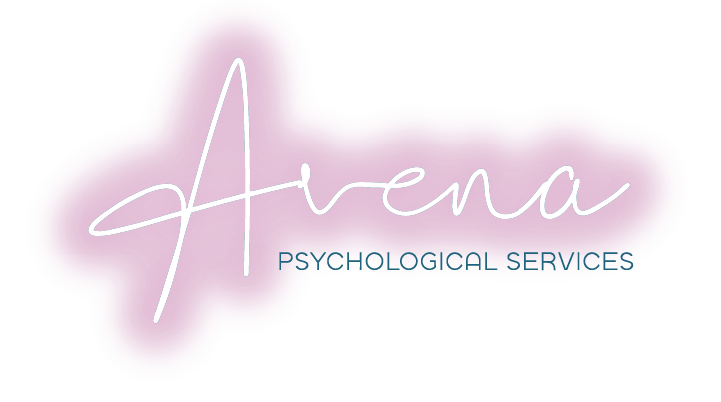How to Build Trust in a Relationship
How to Build Trust in a Relationship: Actionable Tips
Here are some therapist-backed strategies to begin building or rebuilding trust:
- Keep your promises, even the small ones
- Create daily rituals of connection (like check-ins or shared routines)
- Apologize sincerely when you mess up
- Practice active listening—reflect back what you hear
- Share your thoughts and feelings openly
- Be patient with the process—trust takes time
Whether you’re starting fresh or rebuilding after betrayal, trust doesn’t have to be built alone. Our licensed therapists specialize in helping couples deepen connection, repair emotional wounds, and develop tools for lasting intimacy.
Schedule a confidential couples therapy consultation today and begin building a stronger, more secure relationship—one step at a time.
The Stages of Building Trust in a Relationship:
Initial Assessment – First impressions and early interactions lay the groundwork. We begin to observe reliability, empathy, and emotional availability.
Testing & Vulnerability – As the relationship deepens, partners reveal more of themselves and assess how the other responds.
Commitment & Consistency – Trust strengthens through repeated positive interactions, honesty, and shared experiences.
Deep Trust – Over time, a strong emotional bond forms. You feel safe, secure, and emotionally attuned with each other.
Resilience & Repair – Even strong trust can be tested. What matters is the ability to repair after rupture, showing accountability and care.
Real People. Real Expertise. Real Change.
At Avena Psychological Services, we offer holistic, individualized therapy designed to help you understand yourself more deeply and create meaningful, lasting change. Our licensed psychologists tailor each session to your specific concerns and goals, drawing from your full life experience—including your childhood, culture, relationships, physical health, and personality. Whether you’re struggling with depression, relationship challenges, or feeling stuck in patterns that no longer serve you, therapy can help you break your issues down into manageable pieces and begin moving forward. Left unaddressed, mental health concerns can impact every area of life—from work and school to physical health and relationships. But with the right support, you can shift your mindset, make empowered choices, and experience real transformation.
Virtual Mental Health Therapy Tailored For Your Comfort
Video Call Therapy
Online therapy conducted via Zoom. Video meetings allow you to see your therapist from the comfort of your preferred location.
Phone Therapy
Full service therapy conducted via a phone call. Have full conversation with your therapist without the need to be seen.
Concierge Therapy
Personal appointments can be tailored to special locations through a prior approved agreement with Dr. Avena.
Frequently Asked Questions
How Long Does It Take to Build Trust in a Relationship?
There’s no universal timeline. For some couples, trust develops in a matter of months; for others, it may take years. Several factors influence the pace, including past relationship experiences, attachment styles, communication patterns, and emotional maturity.
Therapist Insight: “Building trust is less about time and more about consistency and follow-through,” says Dr. Elena Mora, lead couples therapist at Avena Psychological Services. “Even small, reliable acts repeated over time are what build deep emotional security.”
What Are the 5 Pillars of Trust in a Relationship?
Understanding the core elements of trust can help you build and sustain a healthy connection. The 5 pillars are:
- Honesty – Truthful communication, even when it’s difficult.
- Reliability – Following through on promises and commitments.
- Emotional Safety – Feeling free to express feelings without judgment or punishment.
- Transparency – Openness about thoughts, feelings, and experiences.
- Mutual Respect – Valuing each other’s boundaries, needs, and individuality.
What Breaks Trust in a Relationship?
Trust can be fragile—and it’s often broken by patterns such as:
-
Lying or withholding information
-
Infidelity or emotional betrayal
-
Broken promises or inconsistency
-
Criticism or emotional neglect
-
Stonewalling or lack of communication
Sometimes, trust is eroded gradually by repeated disregard for boundaries or unaddressed emotional wounds.
Red Flag: If your partner dismisses your concerns, refuses to take accountability, or repeatedly violates your trust, it may be time to seek professional support.
Can Trust Be Rebuilt After Betrayal?
Yes—but it takes effort, accountability, and often, therapeutic support.
Rebuilding trust after betrayal requires:
-
Genuine remorse and accountability from the partner who caused harm
-
Space for healing and honest conversations
-
Clear boundaries and renewed agreements
-
Ongoing actions that align with words
“Many couples come to therapy after betrayal feeling hopeless,” shares Dr. Mora. “But when both partners are committed to healing, trust can not only be rebuilt—it can become even stronger than before.”
How Do I Know I Can Trust My Partner?
While trust is a personal decision, look for these signs:
-
They communicate openly—even when it’s uncomfortable.
-
They respect your boundaries.
-
Their actions align with their words.
-
They take responsibility for their mistakes.
-
You feel safe being emotionally vulnerable with them.
Still unsure? A neutral third party—like a couples therapist—can help you explore your doubts and build a stronger foundation together.
Schedule An Appointment


Phone
212-906-4495
therapy@avenapsych.com
Mailing Address
99 Wall Street #4424 New York, NY 10005
